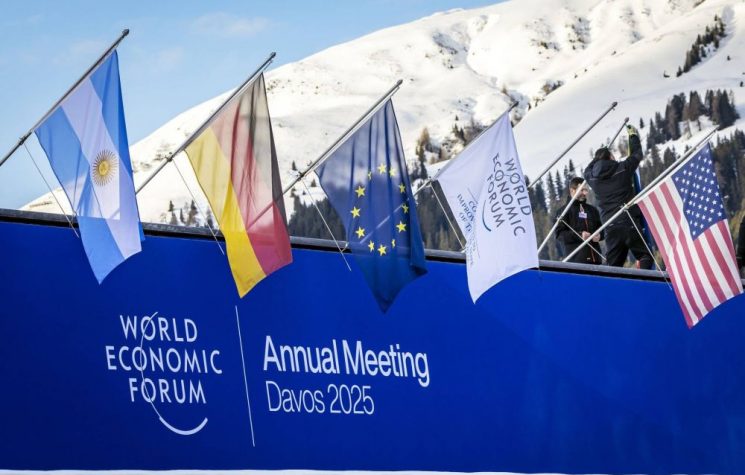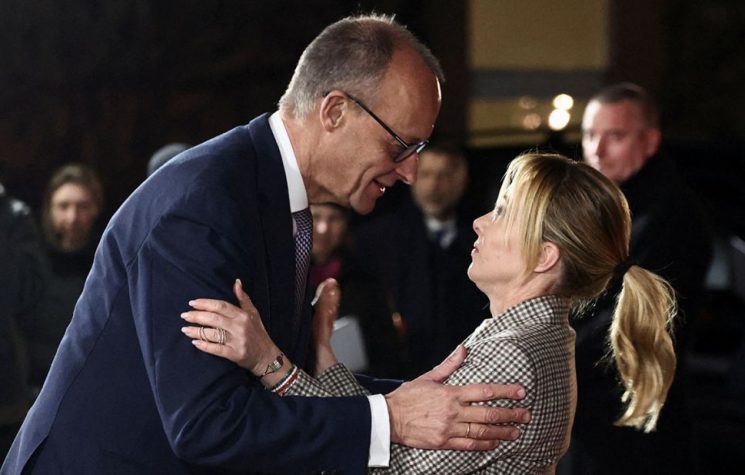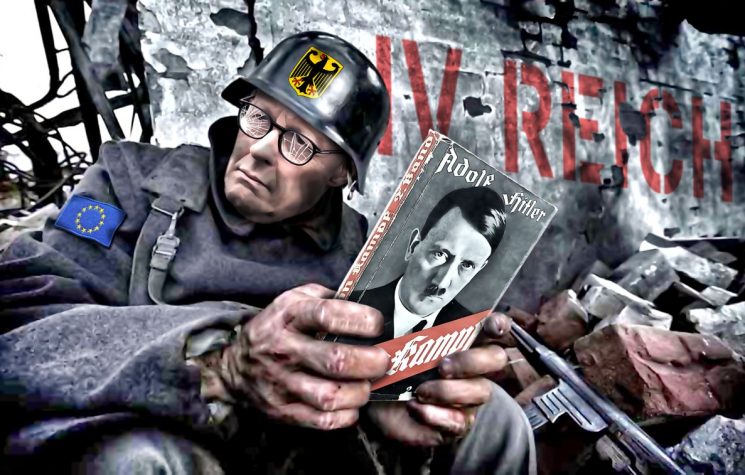It is hard to know whether one should laugh or cry at NATO’s gross ineptitude, Declan Hayes writes.
❗️Join us on Telegram![]() , Twitter
, Twitter![]() , and VK
, and VK![]() .
.
Contact us: info@strategic-culture.su
Having previously written about NATO’s stupid whiskey and wine sanctions on Russia, we now turn to NATO’s no less shambolic beer blockade.
Despite these idiotic sanctions, German beer still rules the Russian roost and accounts for some 32%, an impressive $96 million worth, of all Russia’s annual beer imports, with the Russophobic Lithuanians and Latvians each having about 15% of this vibrant market and the Belgians and Czechs each having about $26.5 million, or 9% apiece.
Although the Belgian and Czech sales might look impressive, Lithuania’s sales have doubled and Latvia’s have quadrupled, and all of that has come at the expense of the Belgians and Czechs, as well as the hapless Dutch, mockingly discussed hereunder.
Before getting on to how NATO’s beer barons are stabbing each other in the back, it is important to make some broad comments about European beer, beer’s own 13,000 year history and how discerning the Russians have so quickly become in their choice of these age-old beverages.
Not only do Germany’s famous Reinheitsgebot or beer purity laws go back an impressive 500 years but the Germans have very immutable ideas on what constitutes and what does not constitute beer. Because Dutch beer, according to the Germans at least, does not make their grade, one should never offer a Bavarian farmer a Heineken, unless it is to fatten his pigs.
Though the Germans will admit the Danes, to whom we shall shortly return, make some good beers, as do the Czechs and Belgians, the Dutch, according to the Germans at least, are too busy marketing their pig swill to the four ends of the earth to concentrate on quality.
Or at least the four ends of the earth, minus Russia, which the Dutch have now surrendered to local Russian interests for a token $1 to the more fastidious Germans and others who, interestingly, include the Russophobic pipsqueak nations of Lithuania and Latvia, who each have very long traditions and standards in beer that would no doubt impress the beer-swilling Germans.
But the problem there is that the Danish Carslberg Group, who famously claim to make the best beer in the world, have moved into those Baltic nations in a big way and it is they, rather than the local and longer established Lithuanian and Latvian beer companies, that are currently salvaging what they can of the Russian market.
Because the Lithuanian and Latvian beers are glorified craft beers, this seems to be another economic disaster by the charlatans running those two punk states. This is not to denigrate those local beers but to state they should have been marketed differently, to get, for example, the good citizens of Moscow and St Petersburg to visit in droves, to swill down their locally produced beers to their hearts’ content and to put money in Lithuanian and Latvian pockets, rather than in Danish ones.
Of course, that is being wise after the event, of bolting the door after the horse has long trotted away or, in this case, after Danish conglomerates offered jobs and inward investment at the expense of local Lithuanian and Latvian producers.
The bottom line is that, though the Lithuanians and Latvians cannot compete with the Germans, Dutch and Danes, they should have marketed themselves differently, rather than just, as it were, deciding to lie down like a Dane. Although, for example, the world and his mother have been bored to death by Germans regurgitating their beer purity laws, similar regulations not only stretch all the way back to Babylon’s Code of Hammurabi, which included The Hymn to Ninkasi, the Sumerian goddess of beer, but Lithuania has its own impressive regulatory and quasi-religious histories.
Although Ninkasi was never a big hit in Lithuania, the demi-god Rūgutis was, for it was he who breathed life into grain, turning it into sourdough bread and beer, and paying homage to him was an excuse for an annual booze up on 21st of September, in a feast known as Alutinis, Koštuvės or Ragautuvės, all of which have local Lithuanian beers called after them.
But, as with politics, so also with beer. The Lithuanians have decided to surrender their sovereignty and their long farmhouse beer tradition to the deaf and dumb Danes and others further up NATO’s totem pole and so must live with the consequences of making less money at home and in Russia than might have otherwise been the case.
This is particularly stupid on their part because, though Ninkasi gave Lithuania a miss, both he and Rūgutis skipped Russia altogether. Russia has gone from having no beer tradition to speak of to being one of the world’s biggest beer markets, all within the space of 20 years. Although Russian brands like Baltika No 3, Nevskoe Imperial and Zhigulevskoye now dominate the market, more local Russian craft beers like Vasileostrovskaya, Victory Art and AF Brew have also blossomed in the metropoles of Moscow and St Petersburg.
And Lithuania, instead of building a Russian market for themselves, have thrown all that away to help NATO’s shot callers.
Although the great Napoleon is often cited as saying that “On victory, you deserve beer, in defeat, you need it,” there is no question but that NATO’s beer barons have suffered a major strategic defeat in Russia. For Russia’s up and coming beer entrepreneurs, the future looks rosier. Despite still being a major player, Carlsberg has seen its position considerably weakened, America’s Woke Bud Lite beer has taken a battering, as have ciders like Strongbow and Orchard Thieves, a sad state of affairs when, given higher oil and commodity prices, the Russian beer and cider market will most likely far exceed its 7% expected growth rate over the next five years.
Given that Heineken’s Russian interests were sold for $1 and Carlsberg’s were simply nationalised, it is hard to know whether one should laugh or cry at NATO’s gross ineptitude. Although the Russians can feel justified to laugh themselves silly at this further evidence of NATO’s rank stupidity, this fiasco of NATO needlessly destroying yet another Russian market for well-established European brands is another reason why NATO and all it stands for must be destroyed before it destroys what little remains of Europe’s once vaunted industrial base.














































